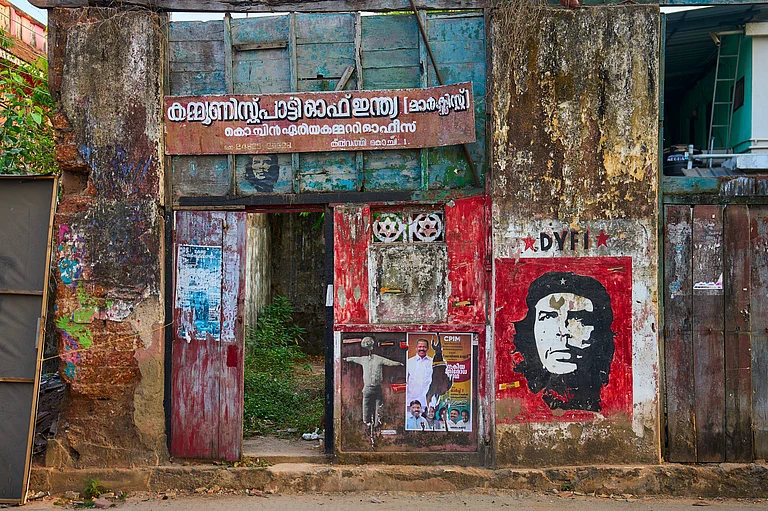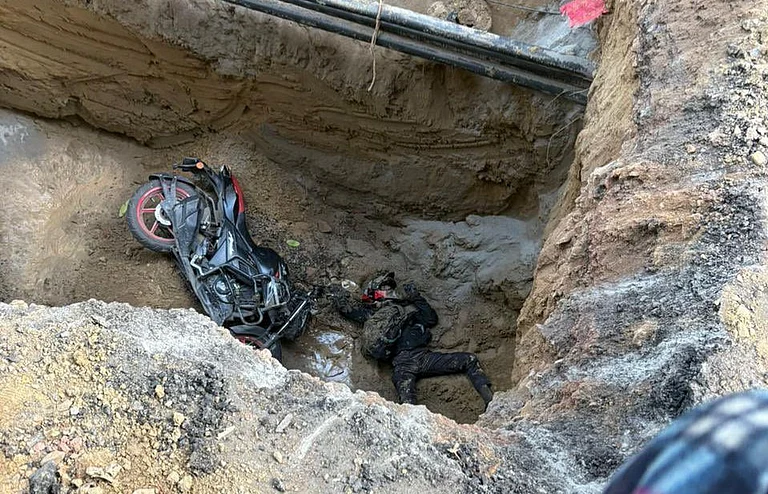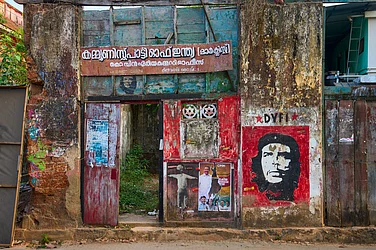Prime Minister Narendra Modi on Thursday emphasised on joint efforts to strengthen sovereignty and territorial integrity of all nations even as he said India believes a code of conduct for South China Sea should be effective and compliant with the UN Convention on the Law of the Sea (UNCLOS).
What did PM Modi say?
Referring to geopolitical conflicts, reiterated that "today's era is not of war" and dialogue and diplomacy is the only path to resolution of conflicts.
The prime minister said terrorism, extremism, and geopolitical conflicts are "big challenges" for "all of us" and that the present global landscape is surrounded by challenging circumstances and uncertainties.
"It is imperative to adhere fully to international laws; And everyone's commitment and joint efforts are also necessary to strengthen the sovereignty and territorial integrity of all countries," he said.
"As I have said before -- today's era is not of war. Dialogue and diplomacy is the only path to resolution," Modi said.
Modi's comments on China
Modi's comments on the South China Sea came amid increasing global concerns over China's military muscle-flexing in the region.
Few days back, a number of ASEAN member countries such as Malaysia, Vietnam and the Philippines reacted sharply to Beijing's territorial claim over the South China Sea in its latest edition of the "standard map of China".
On August 28, Beijing released the 2023 edition of the "standard map of China" that includes Taiwan, the South China Sea, Arunachal Pradesh and Aksai Chin as Chinese territories. India has dismissed the 'map' and lodged a strong protest with China over it.
Referring to challenges facing developing countries, the prime minister said challenges pertaining to climate change, cyber security, food security, health, and energy are particularly impacting the Global South.
"During our G20 presidency, we are focusing on these important issues related to the Global South," he said.
A statement issued at the end of the East Asia summit said the leaders reaffirmed their shared commitment to reinforce an open, transparent, and inclusive regional architecture, anchored in international law, with ASEAN at the centre as guided by the purposes and principles of ASEAN and ASEAN-led mechanisms.
About East Asia Summit
The East Asia Summit is the premier forum in the Asia-Pacific region to deal with issues relating to security and defence. Since its inception in 2005, it has played a significant role in the strategic, geopolitical and economic evolution of East Asia.
Apart from the ASEAN (Association of Southeast Asian Nations) member states, the East Asia Summit includes India, China, Japan, the Republic of Korea, Australia, New Zealand, the United States and Russia.


























